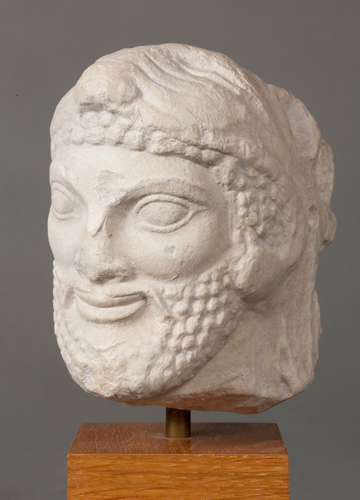Heracles earned a number of distinguished titles in the ancient world: the unconquered, the lionhearted, the triumphal. He was even hailed as the ultimate protector of humankind. Upon his death, Heracles was welcomed into the realm of the Olympian gods, thus becoming a hero-god to be worshipped for both his superhuman achievements and for the mortal suffering that he had endured in his life on Earth. Many were eager to claim descent from Heracles, including Alexander the Great, who also wished to be looked upon as a hero-god.
The Greek world took part in an annual festival, the Heracleia, in Heracles’ honour. The Heracleia was most keenly celebrated in his supposed birthplace, Thebes, which hosted sacrifices, athletics and music contests over several days. The city of Croton, a Greek colony in southern Italy, claimed Heracles as its founder, minting his image on their coins.
The worship of Heracles spread throughout the Mediterranean. He was recognised as Hercle by the Etruscans and as Hercules by the Romans. His rise to divinity became especially important in Rome during the empire, when he served as a model for the deification of emperors.
The marble head of Heracles from which this cast was taken was probably part of a full-bodied figure dedicated in a sanctuary in the agora (public space) and may have been broken during the Persian sack of Athens in 480 BCE.

